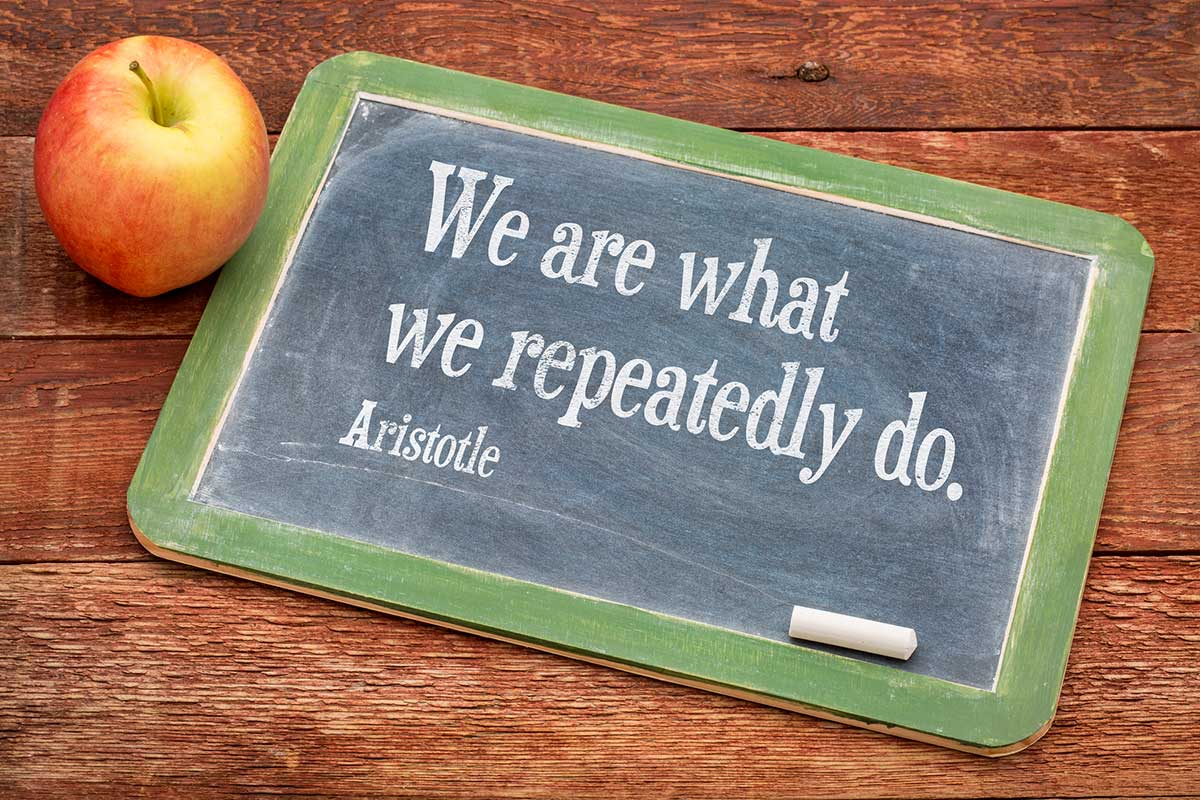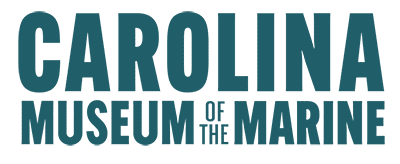Ethics and the Marine Corps, Continued

Last month, we examined the first part of a course in ethics for warrant officers in Basic School. The course begins, properly, by defining key terms like “ethics” and “morality” and recognizes, though not explicitly, that ethics is the study of morality that seeks broadly to understand the essences of right and wrong, good and evil, in both personal and social conduct. Importantly, the course advocates a virtue ethics approach to ethics that “focuses on the character of the person as opposed to specific moral rules or moral actions.” This makes sense because the core values of the Marines, honor, courage, and commitment, are virtues. In the tradition of virtue ethics there are numerous definitions of virtue that have the effect of examining this important concept from a variety of perspectives. In the 20th century, a German philosopher named Josef Pieper sought to get to the essence of virtue and came to the definition that virtues are “perfected abilities.” Thus the important virtue of prudence is the perfected ability to take right decisions.[i] It is significant for Pieper that when one accepts this definition of prudence, it becomes clear that “All virtue is necessarily prudent.” So the virtues of honor, courage, and commitment are expressed in consistently taking right decisions in situations which call these virtues into action.
This month, we will look deeper into the course to see how the Marine Corps explains the working out of virtue ethics in the conduct and practices of Marines. Having discussed ethics, morality, and virtue ethics, the course proceeds to consider military ethics where we read in part: “Our obligation as Marines serving ‘Corps and Country’ is more than simply obeying orders. It requires a sense of commitment to both the mission and roles we serve in as Marines. Mere awareness of the responsibility involved is not enough. There must exist a tenacious sense of obligation, and a strong sense of duty and honor in all that we accomplish. At this level of commitment, we are dealing with ethics.” One may reasonably ask how it is determined that at this level of commitment “we are dealing with ethics.” The answer might be found in the use of the words “tenacious” and “strong” to describe a Marine’s senses of obligation, duty, and honor. It is one thing to understand the responsibilities of one’s role in any organization, it is something else for the qualities needed to accomplish one’s function to be deeply inculcated in one’s character as perfected abilities, or virtues.
The tenacious sense of obligation and the strong sense of duty and honor are next put to the test in the form of a thought experiment in which someone catches a close friend cheating on an exam. He is obliged to report the infraction to the test moderator, but he feels at the same time a sense of loyalty to the friend. This situation is called a “moral dilemma” and is defined in the course as “a situation that requires a choice between equally undesirable alternatives.” This definition may be sharpened by saying that a moral dilemma is a situation in which it appears that whichever course of action one chooses among the available options, he will violate a moral obligation. We can readily see the duty to report to proper authority an act of willful wrongdoing one has witnessed, but does the loyalty one owes to a friend constitute a conflicting duty to say nothing about the wrongful act?
We might gain some help in thinking about this with a slight diversion originating with Aristotle. Can a virtuous man, a man of honor and truth-telling, be friends with a liar and a cheat? The answer to this question turns on what we mean by “friend.” One can say that he is friends with people at work, but while he gets along well with others in the office, he would not be interested in any more substantive interaction with them elsewhere. This, for Aristotle, is a form of friendship useful for the purpose of earning a living, but not the kind of relationship with others thought to be integral to a happy life.
For this kind of friendship, Aristotle contends, the parties to it must, among other things, be able to respect the moral character of one another. One cannot truly be friends, Aristotle argued, with someone he cannot respect.
The cheating friend in this thought experiment may not be a cheat by habit, but he is cheating now, and this should be addressed since in a situation like this with few, if any, complicating circumstances, to witness an act of wrongdoing and to say nothing about it is to be complicit in the wrongful act. So the fellow in this thought experiment has no duty of loyalty to his friend that obliges him to participate in the wrongful act. The cheating friend is in fact violating the ground of his friendship by acting dishonorably. In other words, the thought experiment at this point in the course is not a true moral dilemma.

We’ve lingered over the issue of a moral dilemma for a moment because it is an important concept in ethics and it is useful to be able to think through dilemmas when they arise. It appears, however, that the writers of this course in ethics understood that the thought experiment of the cheating friend was not a true moral dilemma since the writers of the course acknowledge that the right thing to do in this case is obvious. Rather, this is a graphic demonstration of the important discipline of doing the right thing in difficult or distasteful circumstances. This comes clear in a section titled “Discussing Values and Ethics with Marines” in which it is observed that for Marines, ethics and law operate together, and not always seamlessly. “Unfortunately, no regulation can cover every human situation. Therefore, conflicts develop between the law and ethical behavior. For example, the law says it’s wrong to target civilians in combat; however, the enemy’s decision to hide and fight amongst the population often leads to civilian deaths in the name of self-defense or military necessity. In these cases there are often no specific rules to guide an officer’s actions. One must, therefore, rely on character to select the most appropriate course of action.” This reference to the importance of character assumes that Marines in general, and leaders in particular, are engaged in the ongoing process of knowing self and seeking self-improvement, and in the process, developing the first of the virtues, prudence: the perfected ability to take right decisions.
Among the eleven principles of Marine Corps leadership is setting the example for others to follow. In order fully to set the example for others to follow, one must be an example of a well-developed human being and a proficient and knowledgeable Marine. This is true, of course, in any discipline of thought and practice. Following an initial section on discussing values and ethics with Marines, the discussion of negotiating moral dilemmas is embellished with an excerpt from United States Code: Title 10, Section 5947. Requirement of Exemplary Conduct. “All commanding officers and others in authority in the naval service are required to show in themselves a good example of…virtue, honor, patriotism, and subordination; to be vigilant in inspecting the conduct of all persons who are placed under their command; to guard against and suppress all dissolute and immoral practices, and to correct, according to the laws and regulations of the Navy, all persons who are guilty of them;…” The instruction in this law is well conceived in that it begins by insisting that leaders set the example for others in the virtues and qualities that make a good person, including the ability, prized since Greek antiquity, of being able both to lead and to follow. Then it enjoins leaders to guard against immoral practices and to correct them where found. This is important because “dissolute and immoral practices” are expressions of poor discipline which will not be sequestered to off-duty hours because a person who would be a good Marine must first be a good human being.[ii]
We remark regularly that part of our mission at the Al Gray Marine Leadership Forum at Carolina Museum of the Marine is to make the knowledge of the Marine Corps concerning human growth and discipline available to Americans in general both in their private and professional lives. We close this discussion of the ethics course for warrant officer Basic School with this admonition that is instructive for all of us. “The moral courage of leaders is the key to keeping effective combat units from becoming armed mobs. Moral courage is a private courage, a form of conscience that can often be an even tougher challenge than physical courage, especially in peacetime. It serves not only as a foundation of our leadership philosophy; it is also a challenge that Marine leaders must face every day. If Marines do not have the moral courage in peacetime to meet consistently the high standards and expectations of the Marine Corps, then they are not likely to have the moral courage to make the difficult decisions that may determine the outcome of a battle or a campaign.”
[i] The word “perfected” should not be taken to mean that one possessing a perfected ability is immune from making a mistake in the application of the ability. Rather, when we are born, the abilities that are natural to human beings lie within us as potential yet to be realized. An ability that has been “perfected” has been raised to such a level of conscious skill as to be integral to one’s character.
[ii] This way of saying an important truth, namely that to be a good Marine one must first be a good human being, is not intended to describe a two-stage process in which one becomes a good human being, and then he may turn his attention to becoming a good Marine. Rather, the two proceed simultaneously, but the observation takes note of the fact that for all of us, we are human before any personal or public role we occupy, and the first requirement of “a life well lived” is to grow as a human being.


